pvtistes
Hi Julien, can you introduce yourself?
Hi, my name is Julien, I’m 29, from Brittany, and I left my normal life in Paris 5 years ago to go travelling. After a year travelling in Asia, I discovered the joys of hitchhiking and bivouacking, covering 12,000 km all over France. Since then I’ve lived in Reunion and Australia, where I’ve worked to finance other trips.
pvtistes
You went to New Zealand on a WHV, how did you get that idea?
I was already on a WHV in Australia and, as I was about to turn 30, I thought it would be a shame not to take advantage of a WHV in New Zealand too, knowing the country’s reputation in terms of scenery and people.
pvtistes
Then you embarked on the great adventure of Te Araroa? Can you tell us a little bit about it?
While researching the cheapest way to travel through and discover New Zealand, I came across this trail on the internet, which crosses the country from north to south. Over the last few years, thanks to my trips to Nepal and Reunion Island in particular, I’ve become a keen hiker. I love to challenge myself and, after months of intense social and festive life in Australia, I wanted to find myself calm and alone in the middle of nature. So, without asking around, I took the spur-of-the-moment decision to leave a few months later, at the beginning of November 2023, for New Zealand to tackle 3,000 km of walking.
pvtistes
How does it work in practical terms (physical and mental preparation, logistics, booking, etc.)?
Let’s be honest, physical preparation wasn’t really a thing, apart from a few short hikes in New Caledonia a few weeks before starting. Mentally, the advantage of not planning things a year in advance is that you don’t have time to think about it and you’re just looking forward to it. In any case, the beginning, i.e. the North Island, isn’t extremely difficult and allows you to get into the swing of things and build up your mental strength. In terms of logistics, it’s buying equipment in advance that’s going to be important, especially as everything will certainly cost less in France than in New Zealand. Otherwise, there’s not much to plan or book. In any case, you never really know when you’ll arrive in a particular place.
pvtistes
What were your essentials? What about the things you found unnecessary?
I quickly sorted out my bag and kept only the essentials that I used almost every day (sleeping bag, stove, warm clothes, etc.). Any kilo that can be taken off is important because you have to carry them all day long. For example, I gave up my hammock, which I would have not used enough, or my solar panel, which was ultimately useless as I always managed to charge my external battery every 4 or 5 days.
Despite everything, for me the essential was the food, it’s a lot of weight to carry but because I love food so much, I had to indulge myself so I always carried chocolates, sweets and above all my coffee.
Despite everything, for me the essential was the food, it’s a lot of weight to carry but because I love food so much, I had to indulge myself so I always carried chocolates, sweets and above all my coffee.
pvtistes
What makes the Te Araroa difficult?
Te Araroa is particularly difficult for its not always easy trails, between rocky mountain climbs and mud pools. Although I was lucky and managed to avoid bad weather days as much as possible, the rainy and changeable weather can make the trail quite complicated. New Zealand’s green plains aren’t green for nothing. There’s also quite a bit of walking along gravel or tarmac roads, which I usually skipped by hitchhiking. But that’s part of the trail and the whole country can’t be all snow-capped mountains and turquoise-blue lakes, and hitchhiking allows you to meet the lovely locals. You also have to enjoy walking for hours surrounded by plains and sheep.
pvtistes
Is there a particularly difficult moment that you’d like to share?
To avoid walking in torrential rain, I had to walk for 11 hours or more on several occasions. One particular end of the day stand out for me. After climbing up and down mountains and magnificent viewpoints all day, I was at the end of my rope and had to descend another steep 1,000 m to reach a place to set camp. As fatigue set in physically and mentally, I couldn’t stop tripping, hurting myself and breaking down mentally. However, once I’d arrived and set up the tent, I managed to forget how difficult it was, to keep the extraordinary scenery in my mind and enjoy a good hot meal before going to rest.
pvtistes
What about one of your best memories?
It would be hard to pick just one, but generally speaking, it was the crossing of different passes or the arrival at the top of a mountain with the crazy discovery of the landscapes and the emotion that goes with it. After climbing and sweating for hours, you finally reach the top and get a monumental slap in the face of a glacier, a mountain range, a volcano or an immense lake. Or the people you meet while hitchhiking or trekking, who have had a huge impact on me, as this trail is also an exceptional human adventure.
Another unique and memorable experience that is part of the trail was the week spent on a canoe down 200 km of river surrounded by lush jungle.
Another unique and memorable experience that is part of the trail was the week spent on a canoe down 200 km of river surrounded by lush jungle.
pvtistes
What did you learn from your adventure?
I felt the need to disconnect and be alone, which is not always easy in the world we live in. These 3 and a half months of walking allowed me to reconnect with myself and with nature, while living an exceptional social experience with locals and dozens of other hikers.
I can’t say that it changed my life, but that’s certainly what a lot of people who walked Te Araroa will say. For many, this adventure will have been a unique interlude in the more structured life they’re used to living, and one that will certainly change the way they see things when they return.
I can’t say that it changed my life, but that’s certainly what a lot of people who walked Te Araroa will say. For many, this adventure will have been a unique interlude in the more structured life they’re used to living, and one that will certainly change the way they see things when they return.
pvtistes
How are you coping with your return to “normal life”?
There’s no real return to normal life for me, so I have the advantage of not having to come back down to earth, which doesn’t leave me too much time for nostalgia. I’m currently hitchhiking across the country to discover the places I didn’t see during the trail and I’ll soon be flying off to Asia.
pvtistes
Why should anyone else take the plunge? Could anyone do it?
Of course, you have to enjoy hiking, know how to overcome difficulties and give up comfort. Although most walkers are seasoned hikers, I’ve come across people with little experience and of all ages, from 18 to 75. Anyone can take the plunge, as long as they’re motivated.
pvtistes
What advice would you give to others who are hesitating to take the plunge?
Don’t waste time hesitating or stressing about any preparations, just get equipped and go for it.
pvtistes
And now, what are your projects?
I had planned to work in New Zealand after the trail, but as I was saying, I’m going to spend the next few months wandering around and resting in Asia before returning to France for the summer and I have a multitude of projects in mind for the future, so we’ll see where the wind takes me.
















 Français
Français English
English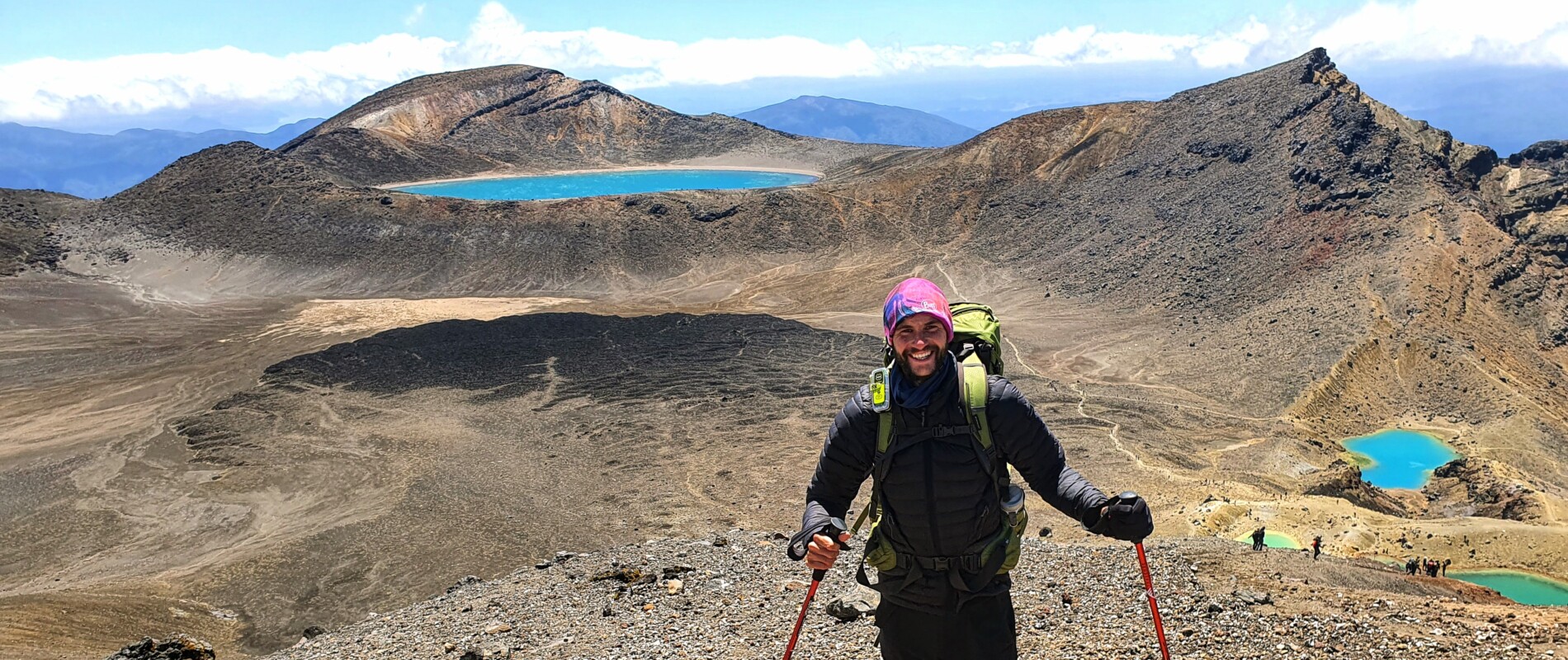

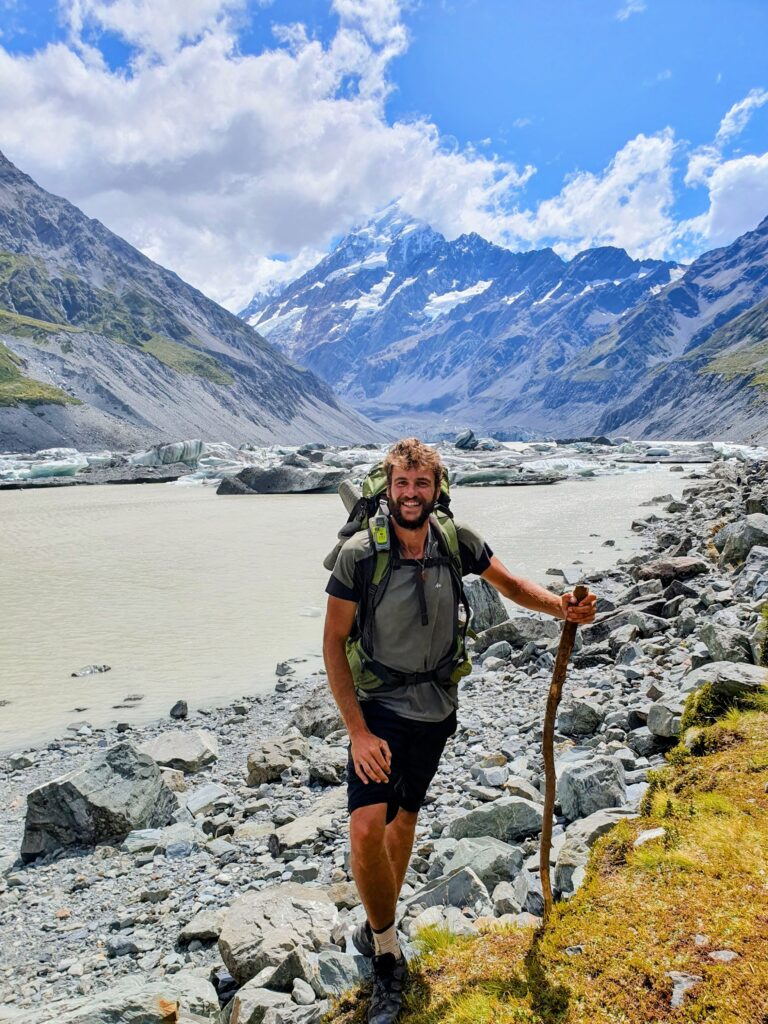
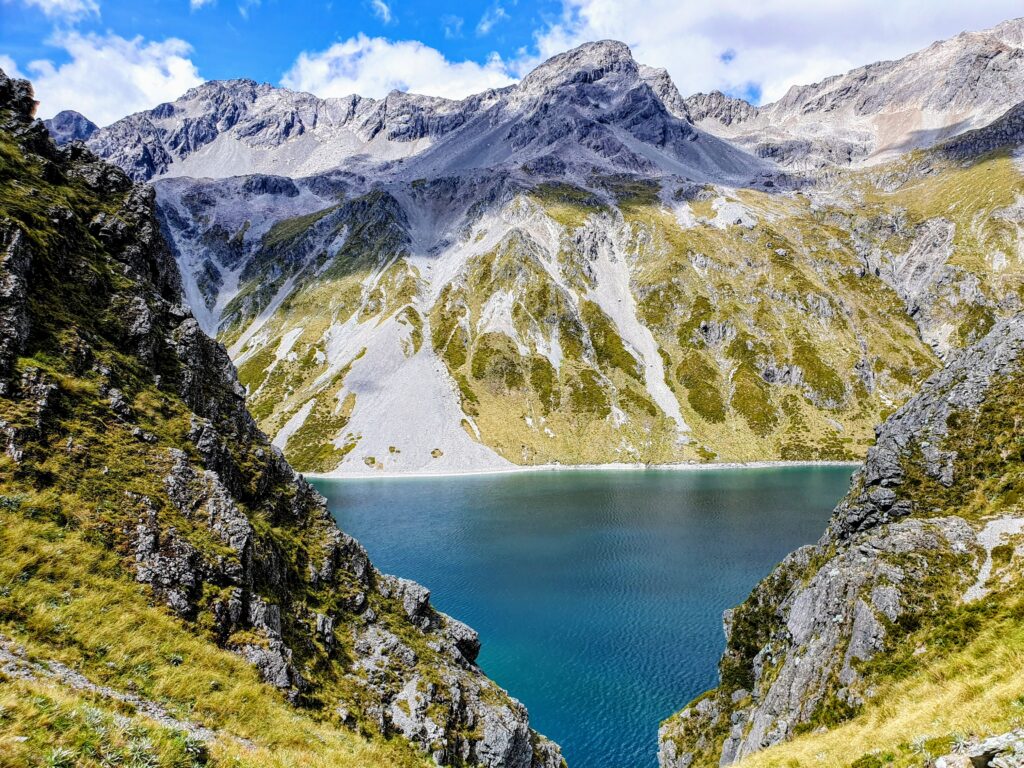
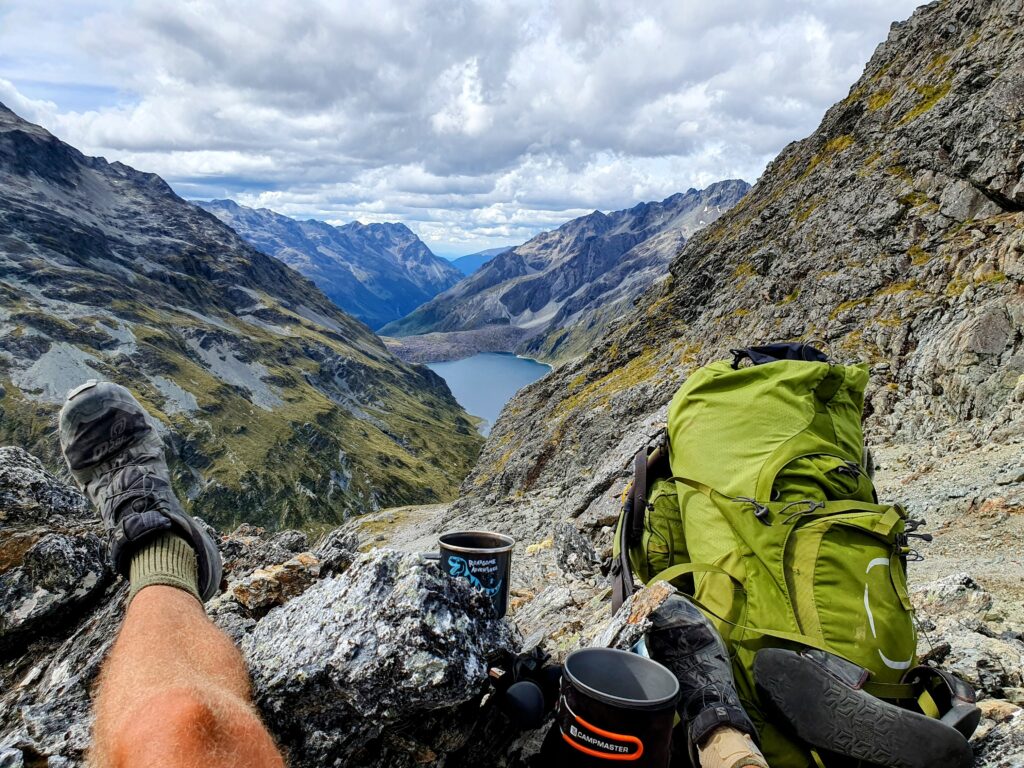
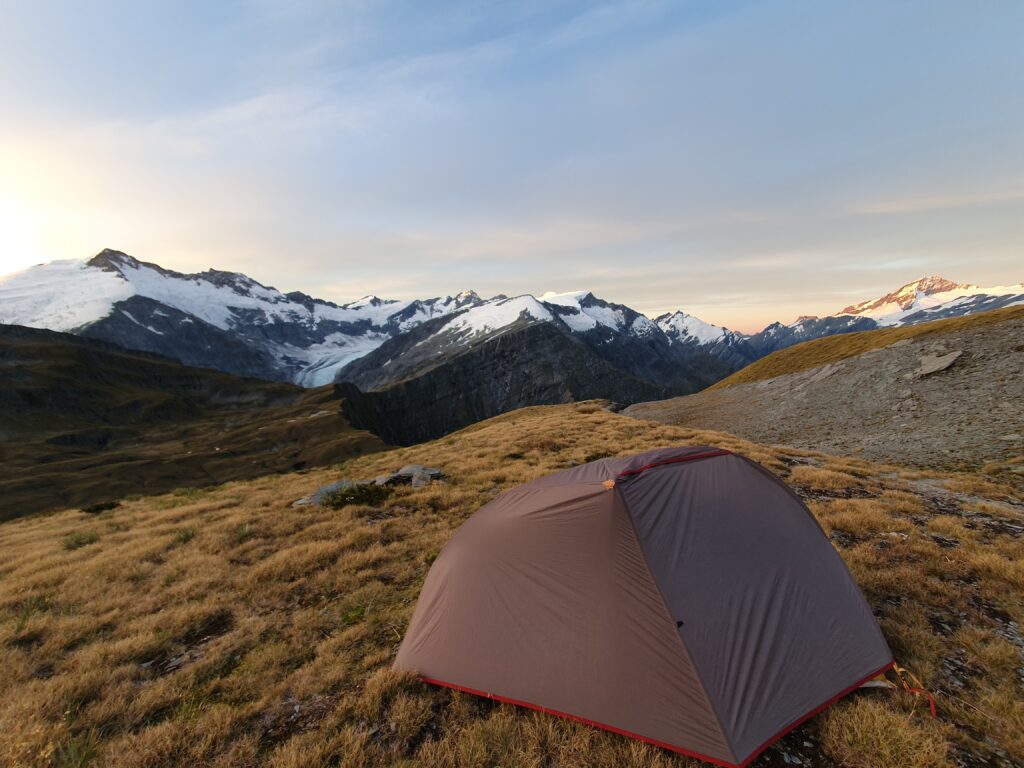
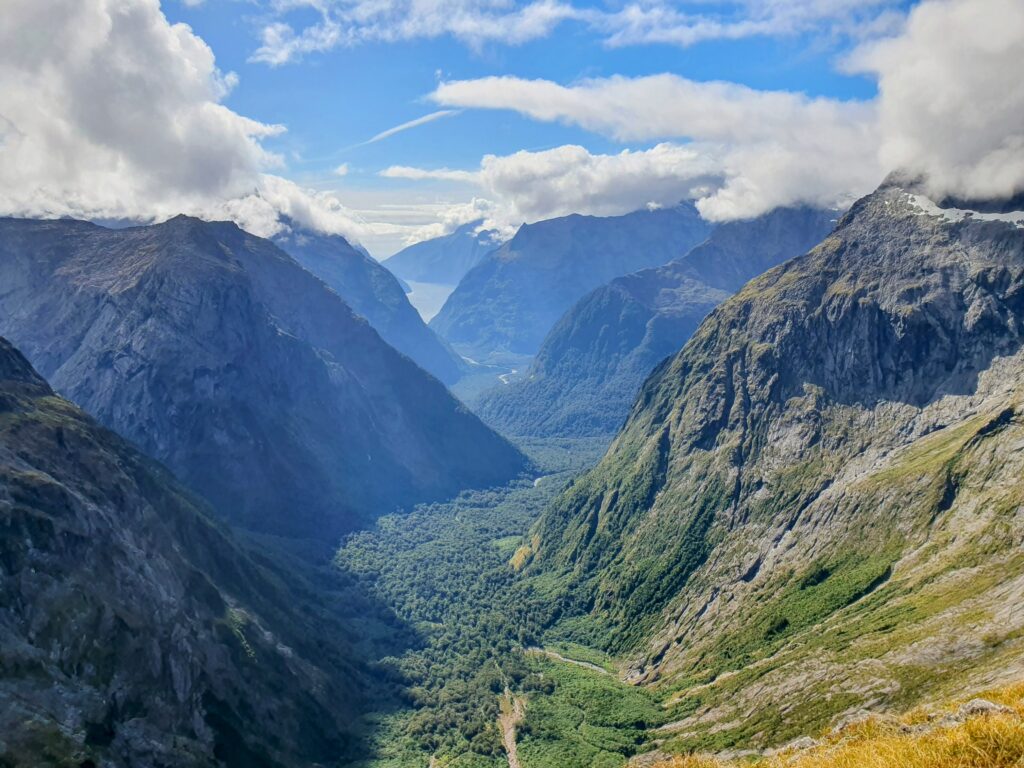
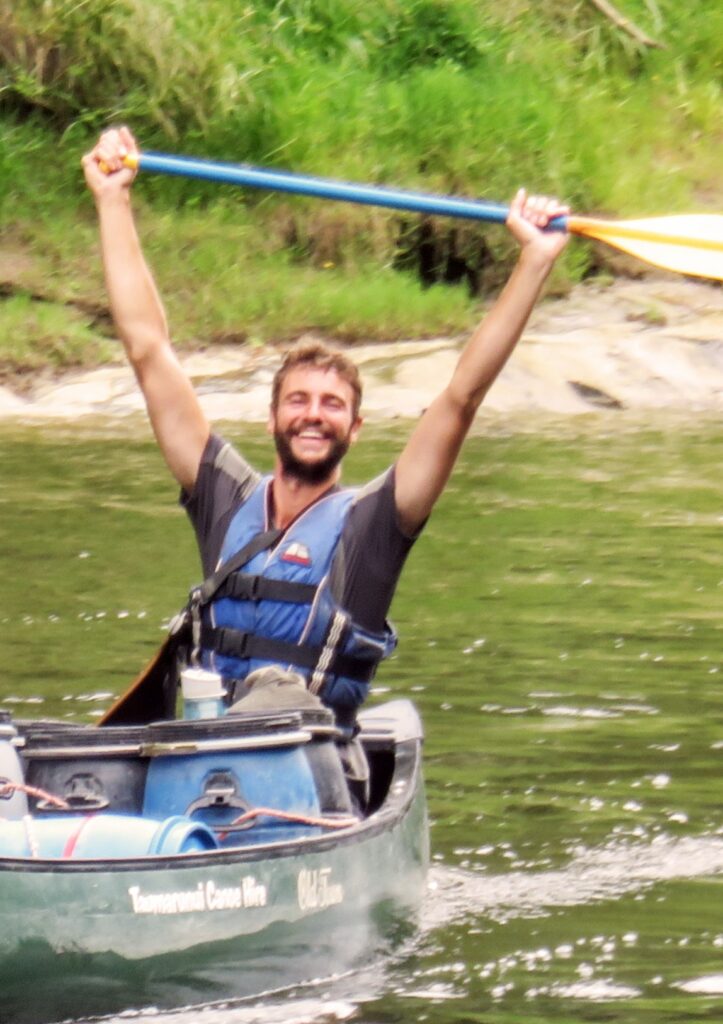
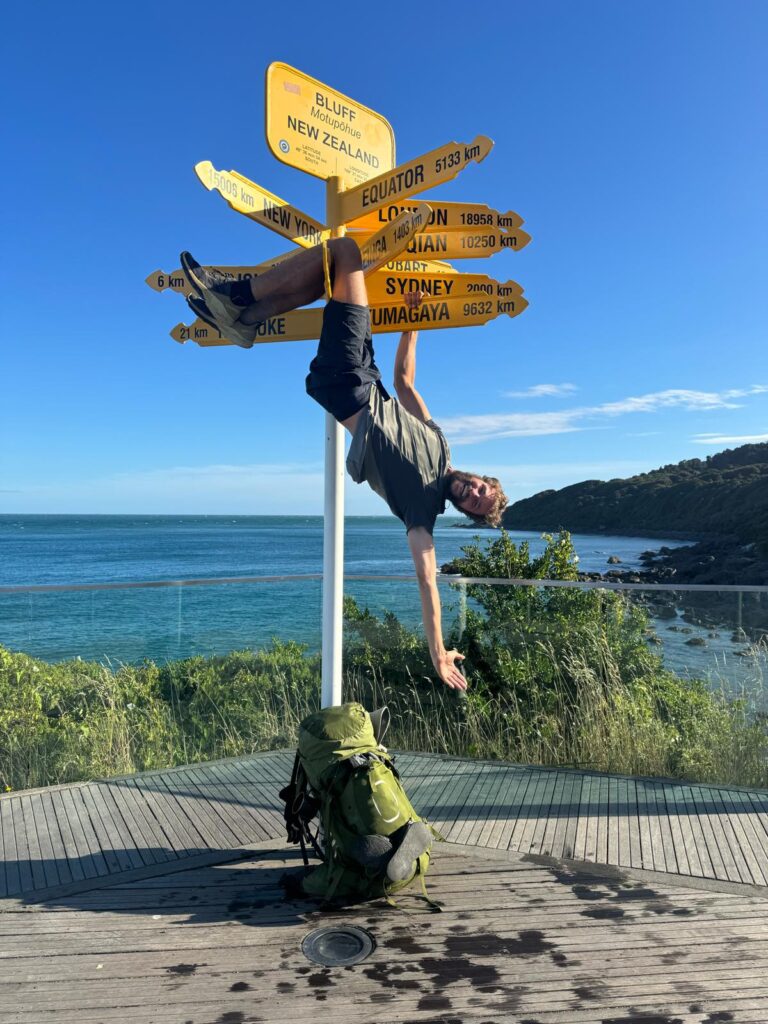
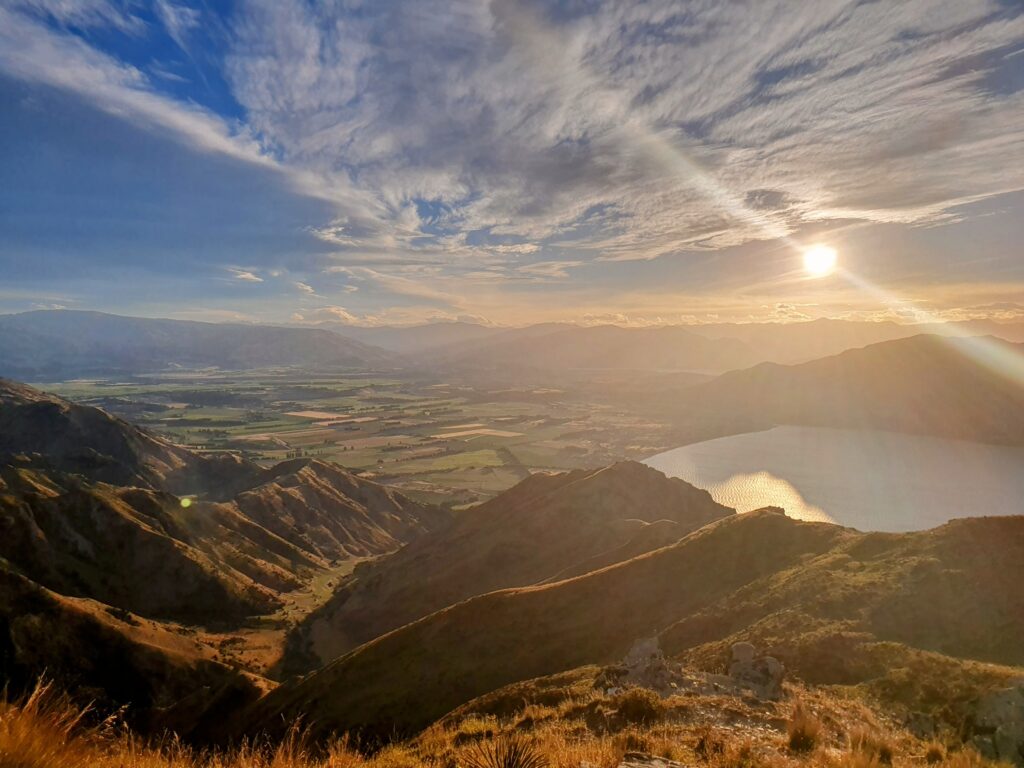
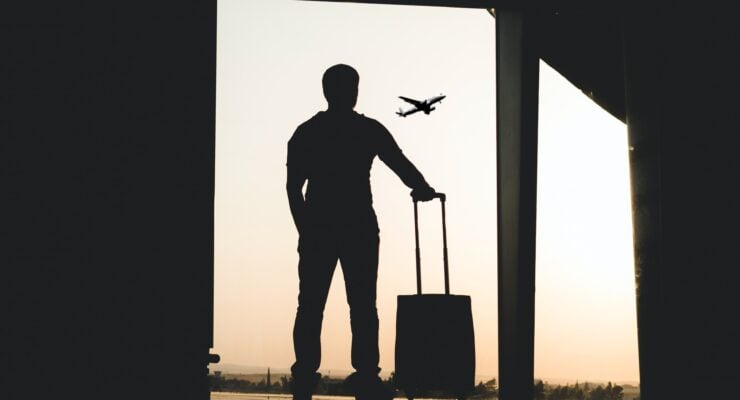

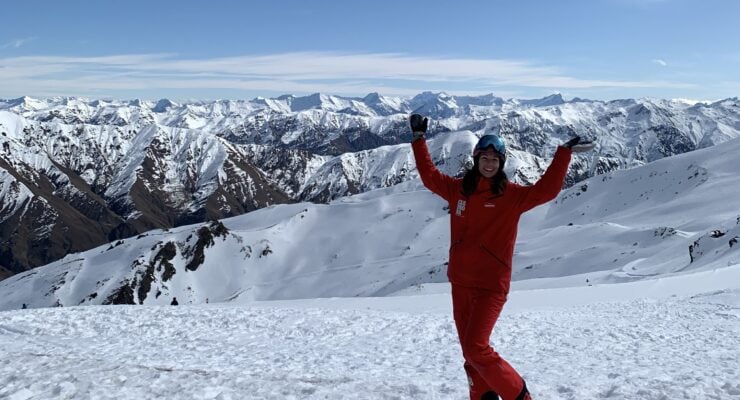
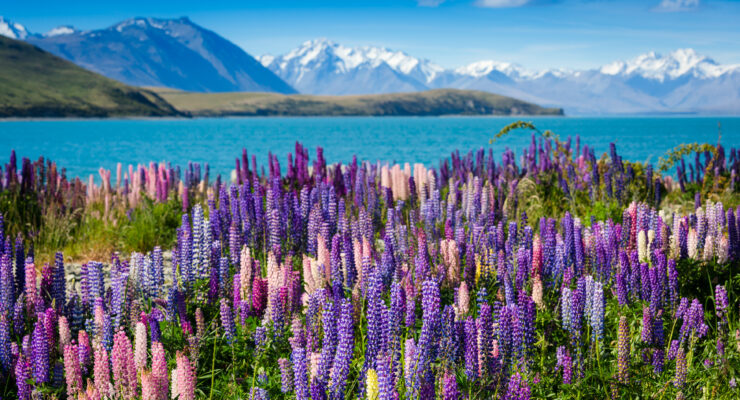
0 comments
{{like.username}}
Loading...
Load more